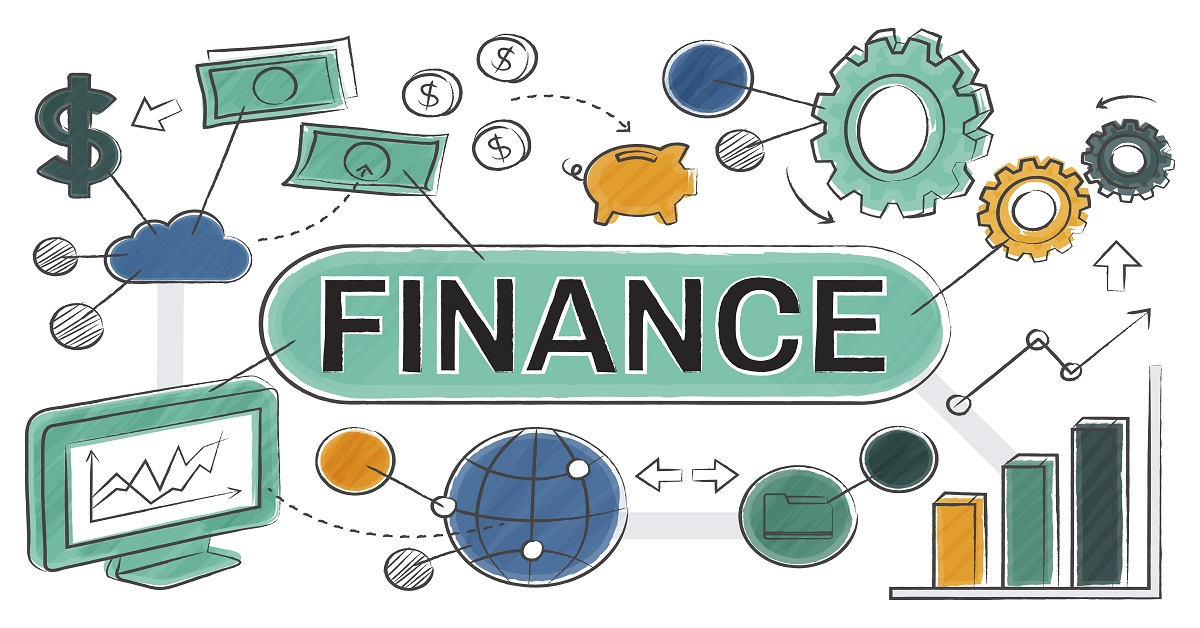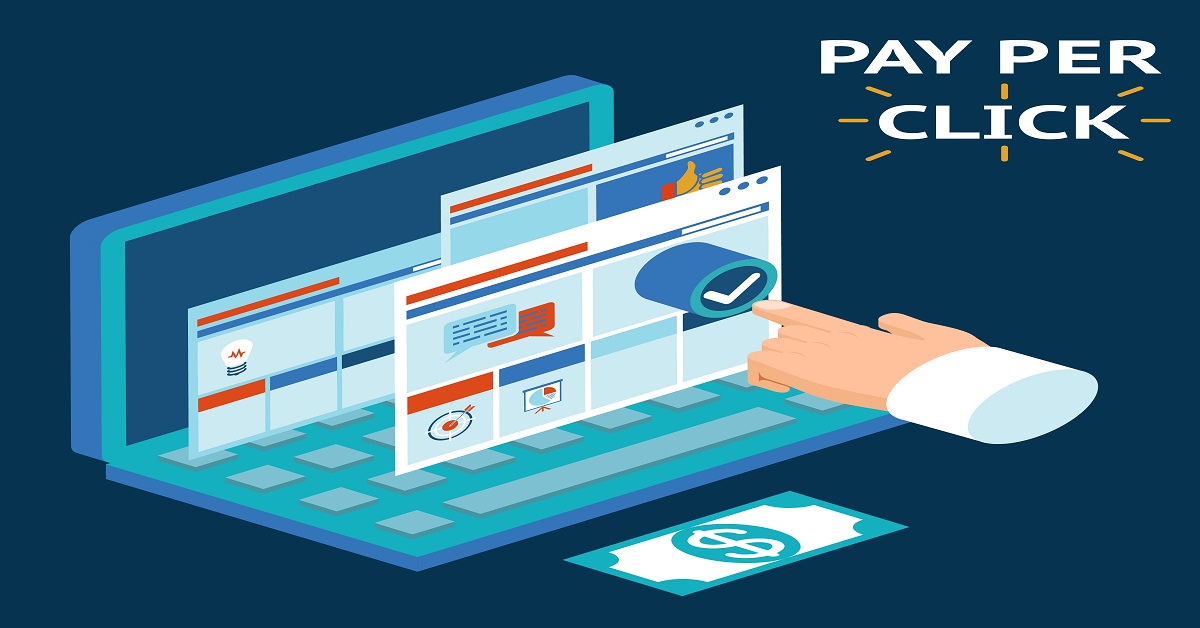Google Ads Cost fluctuates based on factors like keywords, target audience, and competition, making it challenging to give a concise answer. Generally, it operates through an auction system, with advertisers bidding for placements and paying per click.
Google Ads Cost is an important consideration for businesses looking to drive targeted traffic and increase conversions. As an effective online advertising platform, Google Ads allows businesses to reach their target audience at the right time and in the right place.
However, understanding the cost of running Google Ads campaigns is crucial for businesses to allocate their budget effectively. By implementing a well-optimized and targeted campaign strategy, businesses can maximize their ROI and achieve their advertising goals. We will explore the factors that affect Ads Cost and provide tips for managing and optimizing your advertising spend.
Understanding Google Ads Cost
Google Ads is a powerful online advertising platform that allows businesses to reach their target audience and drive traffic to their websites. Understanding the cost of running Google Ads is essential for optimizing your campaign’s performance and achieving your marketing goals. In this article, we will discuss the factors that affect ads cost, how to calculate the cost, and strategies for optimizing your ads to get the most value for your budget.
Factors Affecting Google Ads
Several factors influence the cost of running Google Ads campaigns. By considering these factors, you can make informed decisions to maximize your return on investment (ROI). Here are some key factors that affect ads cost:
- Bid Strategy: The bid strategy you choose impacts your costs. Google Ads offers different bidding strategies, including cost-per-click (CPC), cost-per-acquisition (CPA), and return on ad spend (ROAS). Each strategy has its own cost implications and performance outcomes.
- Keyword Competition: The level of competition for your chosen keywords affects the cost. High-demand keywords often have higher costs per click (CPC) because many advertisers are bidding for them. Finding a balance between relevance and competitiveness is crucial.
- Quality Score: Google assigns a quality score to your ads based on factors like ad relevance, click-through rate (CTR), and landing page experience. A higher quality score can lower your costs by improving ad position and reducing the cost per click.
- Ad Relevance: Creating highly relevant ads that align with your target keywords and landing pages improves ad performance and lowers costs.
- Geographic Location: The location you choose to target affects the cost. Advertisers targeting highly competitive areas with a larger population generally pay higher costs compared to less competitive regions.
Calculating Google Ads Cost
Calculating your Ads cost involves understanding the different metrics and formulas used by the platform. The primary factor in cost calculation is the cost-per-click (CPC), which refers to the amount you pay for each click on your ads. Here’s how you can calculate your ads cost:
Set your daily budget: Determine the maximum amount you are willing to spend on Google Ads each day.
Monitor your average CPC: Keep track of the average cost per click for your ads to estimate the total number of clicks you can expect within your budget.
Estimate your click-through-rate (CTR): The CTR measures the percentage of people who see your ad and click on it. Multiply your estimated CTR by the number of impressions your ads receive to estimate the number of clicks.
Multiply CPC by the estimated number of clicks: Multiply your average cost per click by the estimated number of clicks to calculate your approximate Ads cost.
Optimizing Google Ads Cost
Optimizing your Ads cost involves implementing strategies to improve your ad performance and reduce unnecessary expenses. By optimizing your campaigns, you can increase your conversion rates and stretch your advertising budget further. Here are some tips for optimizing your Google Ads:
- Keyword Research: Conduct comprehensive keyword research to identify profitable, relevant keywords with lower competition.
- Ad Testing: Continuously test and refine your ad copy, visuals, and calls to action to enhance engagement and increase click-through rates.
- Landing Page Optimization: Ensure your landing pages are optimized for user experience, fast loading speed, and high relevancy to improve conversion rates.
- Ad Scheduling: Analyze your campaign data and identify peak periods of user activity. Schedule your ads during these periods to maximize exposure while minimizing costs during less active times.
- Regular Monitoring and Adjustments: Keep a close eye on your Google Ads performance, adjusting your bids, keyword targeting, and ad settings to optimize your campaigns based on real-time data.
By understanding the various factors affecting Google Ads cost, calculating your expenses accurately, and implementing optimization strategies, you can make the most of your advertising budget and drive better results for your business.
Frequently Asked Questions:
How Much Do Ads Cost On Google?
- Ads on Google have varying costs, depending on factors such as keywords, competition, ad quality, and budget set by the advertiser. It’s a bidding system, where you choose how much to spend per click or per impression. You can set a daily budget to control costs.
Does Google Ads Charge A Fee?
- Google Ads charges a fee for running ads on their platform.
Is It Worth Paying For Google Ads?
- Yes, paying for Google Ads is worth it due to its effectiveness in driving targeted traffic to your website and increasing brand visibility. It helps you reach a wider audience, generates leads, and boosts sales. With proper optimization and targeting, Google Ads can provide a positive return on investment for your business.
What Is A Good Budget For Google Ads?
- A good budget for Google Ads depends on your goals and industry. Start with a budget that allows for consistent ad visibility and testing. Set a daily budget that aligns with your revenue and marketing objectives. Adjust as you track conversion rates and cost-per-click to optimize your ad performance.
Conclusion
Understanding the cost of Google Ads is crucial for businesses looking to maximize their online presence. By carefully setting budgets, choosing the right keywords, and optimizing campaigns, organizations can effectively control their advertising expenses. Also they can increase their return on investment.
By keeping track of key metrics, making data-driven decisions, and continuously optimizing their campaigns, businesses can leverage the power of Google Ads to reach their target audience and drive measurable results. Stay competitive in the online advertising space by staying informed and proactive with your Google Ads strategy.









